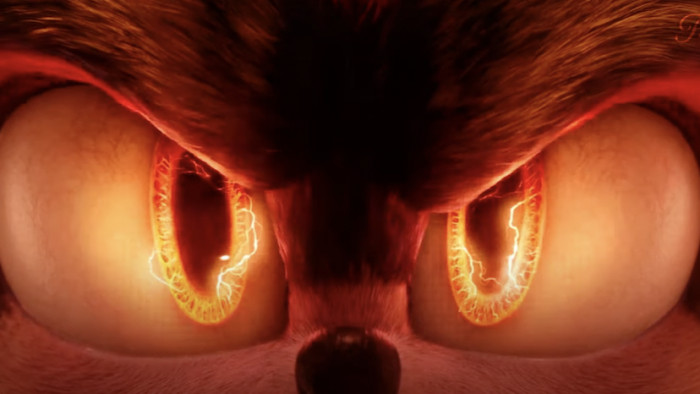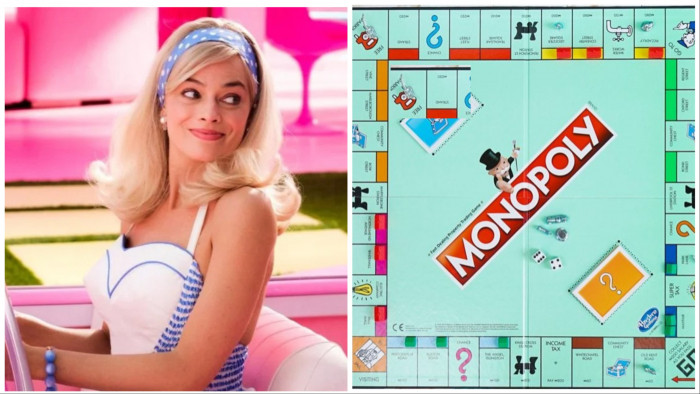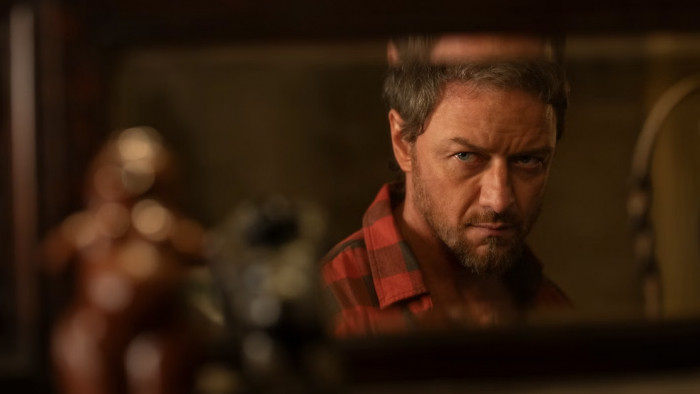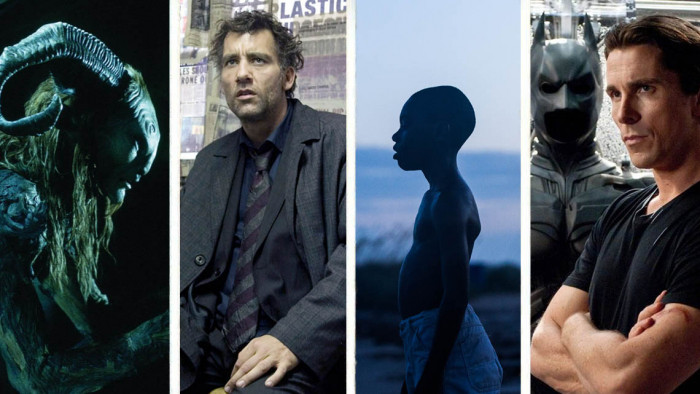Michael Caine has finally explained the ending of 'Inception' – so now you know
You're only supposed to blow the bloody doors of perception off


Maurice Joseph Micklewhite Jr, a man who didn’t really need to change his name because it was amazing from the get-go, has revealed the answer – as far as he is concerned anyway – to how real or dreamed the ending of Inception is.
Christopher Nolan’s 2010 film ends in a famously ambiguous way, with Leonardo DiCaprio’s character Cobb returning to his children and spinning a top that, if it is a dream, will spin forever, but if it’s real, will eventually fall. The scene cuts just as it seems like the top is faltering in its spin – the lack of resolution has been widely praised.

But now, resolution, perhaps. At a screening of the film, Caine said, “When I got the script of Inception, I was a bit puzzled by it, and I said to [Nolan], ‘I don’t understand where the dream is’.
“I said, ‘When is it the dream and when is it reality?’
“He said, ‘Well, when you’re in the scene it’s reality.’ So, get that — if I’m in it, it’s reality. If I’m not in it, it’s a dream.”
This has been interpreted by a reasonable amount of internet outlets as an end to any and all ambiguity – Caine’s character is there at the end, and when he’s in a scene it’s reality, so there.
But, hang on. No. No no no.
Surely “When you’re in the scene it’s reality” can be interpreted in a completely different way. Sure, it could mean “When you, Michael Caine, are in a scene, it’s real”, but if it’s a more generic “you”, then couldn’t it pretty much mean “It doesn’t matter”?
Couldn’t it mean, “You know what, Sir Michael, your status as real or dreamed as immaterial to the performance I want from you. I don’t want you to consciously (ha) be playing, like, Dream Professor Miles in some scenes and Real Professor Miles in others. When you’re in a scene, play it as though it’s reality, because it doesn’t matter whether it is or not”?

Either way, great film. Actually there’s no “either way” about it, we’re right and people have misinterpreted what Sir Michael said because of Christopher Nolan’s ambiguous use of “you”.
If there’s one thing that guy loves it’s ambiguity, and you can’t spell “ambigyouity” without “you”.
So there we go. Settled. Right?
(Pic: AllStar)
Latest
Related Reviews and Shortlists


The 45 best gins taste tested: great gins revealed








